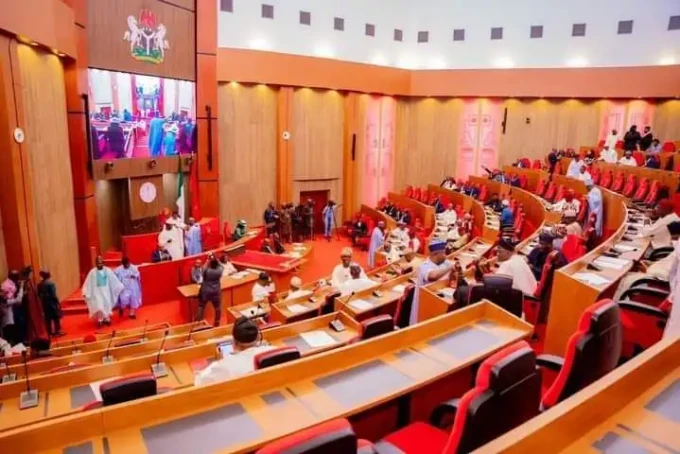The European Union has proposed substantial changes to its steel import policies to boost domestic production and tackle global overcapacity. Key aspects of the plan include a 47% reduction in tariff-free import quotas, setting a new limit of 18.3 million tonnes annually, and implementing a 50% tariff on imports exceeding this threshold. Notably, neighboring countries such as Norway, Iceland, and Ukraine are exempt from these measures.
The initiative aims to protect EU steelmakers from increased imports redirected due to U.S. tariffs and includes a requirement for importers to disclose the origin of steel products to prevent quota circumvention.
In the UK, where over 75% of steel is exported to the EU, the proposal has sparked significant concern. UK Steel, the relevant trade association, labeled the measures as a “potential disaster,” warning of increased redirected steel entering the British market, which could exacerbate existing challenges like plant closures and job losses. In response, the UK government has sought urgent clarification from the European Commission about the quotas and their impact on British exports. Prime Minister Keir Starmer has engaged in strategic discussions with the EU and the U.S. about protecting the domestic steel industry.
This proposal is part of a broader strategy to address global steel overcapacity, particularly from China, and is viewed by EU leaders as essential for maintaining the competitiveness and strategic autonomy of the European steel sector.
The plan is pending approval from the European Parliament and the Council. Concerns have also been raised by industry leaders in Switzerland, who are advocating for exemptions to protect their domestic steel sector, highlighting the widespread implications of the EU’s proposed tariffs across Europe.












I think the EUs measures to protect the steel industry could have unintended consequences for UK manufacturers. Its a complex issue!
I think the EUs measures to protect the steel industry could have unintended consequences for UK manufacturers. Its a tricky situation!
Hmm, I wonder if the EUs measures will really benefit the steel industry or just create more problems for UK manufacturers. Thoughts?
I think the EUs move to protect their steel industry is understandable, but UK manufacturers should focus on innovation to stay competitive.
I dont get why UK manufacturers are alarmed by EU measures. Isnt protecting the steel industry a good thing? Lets discuss!
I cant believe the EU is messing with the steel industry! UK manufacturers better step up their game. #protectoursteel 🛠️
I think the EUs move to protect its steel industry is fair, but its tough for UK manufacturers. What do you guys think?
Is the EU really looking out for its own interests, or are they throwing UK manufacturers under the bus? 🤔 #ProtectSteelIndustry
Do we really need to protect the steel industry at the cost of UK manufacturers? Lets debate!
Wait, are we really surprised that the EU is looking out for its own steel industry? Its all about protecting interests, right?
I dont understand why the EU is making it difficult for UK steel manufacturers. It seems counterproductive and unfair.